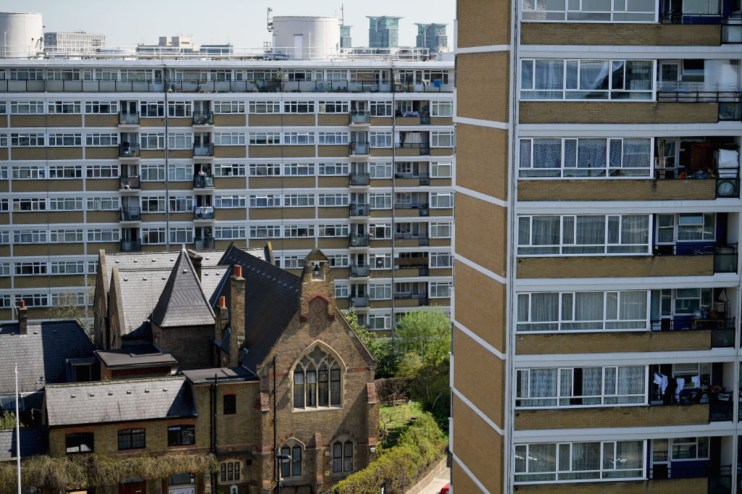King’s Speech: From no-fault evictions to having a pet, here’s what Labour’s Renters’ Reform Bill will do

Labour’s Renters’ Reform Bill will introduce significant changes to rented housing in England and Wales, including on no-fault evictions and having a pet.
Legislation will be introduced “to give greater rights and protections to people renting their homes”, including “ending no-fault evictions and reforming grounds for possession”, King Charles said.
The bill started life under Rishi Sunak’s premiership, where it was beset by delays and significant amendments. It was scrapped when the parliament dissolved earlier this year.
“We will take action where the previous government has failed”, Labour said.
The bill will cover England’s 11 million private renters and partially extend to Wales.
Abolish Section 21 ‘no fault evictions’
Previously, no-fault evictions were shelved from the bill, but Labour have put them squarely back in.
Over a third of households experienced a no-fault eviction in 2023, according to the Ministry of Justice.
It follows a manifesto pledge by Labour to abolish the clause.
“It is welcome to see the end to no-fault evictions included in the government’s plans. After five years of promises from the previous government, with no improvements at the end of it, renters are understandably demoralised and wary of new commitments,” deputy director of Generation Rent, Dan Wilson Craw, said.
Give tenants the right to challenge rent increases
Tenants will be able to fight back against rent increases from landlords designed to “force them out by the backdoor”.
Rents in London have risen by 17 per cent since the pandemic.
The Bill will introduce new laws to end the practice of rental bidding wars by landlords and letting agents.
However, Craw warned that “empowering tenants to challenge rent increases won’t work if we still end up with rents rising faster than our incomes”.
Give tenants the right to request a pet
Landlords must “consider and cannot unreasonably refuse” renters’ requests for pets, but will be able to request insurance to cover potential damage from pets if needed.

Apply “Awaab’s law” to the sector
Awaab’s Law was introduced in the Social Housing Regulations Act 2023.
It requires landlords to adhere to strict time limits to address dangerous hazards such as damp and mould in their properties.
It is named after two-year-old Awaab Ishak, who died due to extensive mould in his social housing.
Over half of tenants have had issues with damp and mould in England, according to YouGov.
Housing disrepair experts are confident the new regime will help those in social housing, describing the bill as a “beacon of hope”.
But Stephen Weston, a Senior Solicitor at SJS Legal, which represents people whose health and wellbeing is being badly affected by often desperate housing conditions, warned there is still a lot of work to do.
He said: “Social housing in the UK is in dire need of an overhaul. Personnel and funding should be available to fix problems much quicker.
“Many tenants find themselves going round in circles, all while their homes fall to pieces around them.
“We’ve had some clients who have waited up to seven years for work to be carried out to an acceptable standard. But we do not give up on them and I hope the new Labour government won’t either.”
Introduce a digital private rented sector database to hold information for landlords, tenants and councils
This was a previous feature of the Bill. It promises to create a digital portal to hold information for landlords, renters and councils.
Create a new Omnudsman service for the sector
The Ombudsman will look into complaints about housing. It will provide “fair, impartial and binding resolution” to landlords and tenants.
Disputes over properties increased during the cost-of-living crisis, particularly with regard to rent increases and evictions.
The move is likely to reduce the need to go to court.
